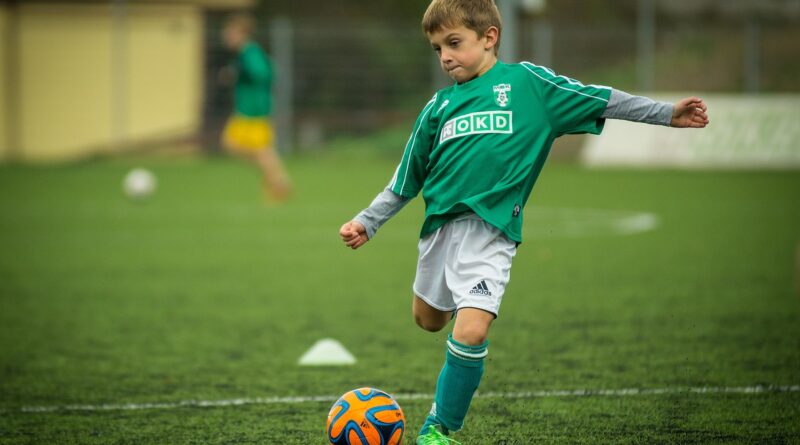The Impact of Sports on Youth Development: Life Skills, Values, and Opportunities
Sports play a crucial role in the development of young individuals, providing them with valuable life skills, instilling essential values, and offering numerous opportunities for personal growth. Engaging in sports from an early age can have a profound impact on youth development, both on and off the field. Let’s explore the key aspects of this impact.
Physical Health and Well-being: Participating in sports promotes physical health and well-being among young people. Regular physical activity helps develop motor skills, coordination, and overall fitness. It reduces the risk of obesity and related health issues while fostering a lifelong commitment to a healthy lifestyle. Through sports, youth learn the importance of taking care of their bodies and staying physically active.
Social Skills and Teamwork: Sports provide an excellent platform for youth to learn and develop social skills. Being part of a team cultivates cooperation, communication, and teamwork. Youth learn to work together, support one another, and understand the value of collaboration. They develop interpersonal skills, such as effective communication, conflict resolution, and leadership, which are essential for success in various aspects of life.
Discipline and Goal Setting: Engaging in sports requires discipline and goal setting. Youth learn to set goals, work towards them, and make consistent efforts to achieve desired outcomes. They develop a sense of commitment, time management skills, and the ability to prioritize tasks. These skills are transferable to academic pursuits, career aspirations, and personal growth beyond the realm of sports.
Resilience and Perseverance: Sports provide opportunities for young individuals to face challenges, experience setbacks, and learn the importance of resilience and perseverance. In competitive sports, youth encounter victories and defeats, ups and downs. They learn to bounce back from failures, adapt to changing circumstances, and persist in the face of adversity. These experiences build resilience, mental toughness, and the ability to cope with challenges throughout life.
Sportsmanship and Fair Play: Participating in sports teaches youth the values of sportsmanship, fair play, and ethical behavior. They learn to respect opponents, follow rules, and maintain integrity. They understand the importance of both winning and losing graciously. These values extend beyond the field and contribute to the development of individuals with strong moral character and a sense of fair play in all aspects of life.
Self-confidence and Self-esteem: Sports can significantly contribute to the development of self-confidence and self-esteem in youth. As they improve their skills, overcome challenges, and achieve personal milestones, their self-belief and self-worth grow. Positive feedback, recognition, and support from coaches, teammates, and spectators further enhance their confidence. This newfound self-assurance translates into other areas of life, empowering youth to take on new challenges and pursue their goals with conviction.
Educational and Career Opportunities: Sports can open doors to educational and career opportunities for young athletes. Scholarships, sports programs in educational institutions, and professional sports leagues offer avenues for further education, skill development, and career pathways. Exceptional talent and dedication in sports can lead to scholarships, sponsorships, and even professional contracts, providing young individuals with life-changing opportunities.
In conclusion, the impact of sports on youth development goes far beyond the physical realm. Engaging in sports fosters the development of life skills, values, and personal characteristics that shape individuals into well-rounded, resilient, and disciplined individuals. By providing opportunities for physical health










